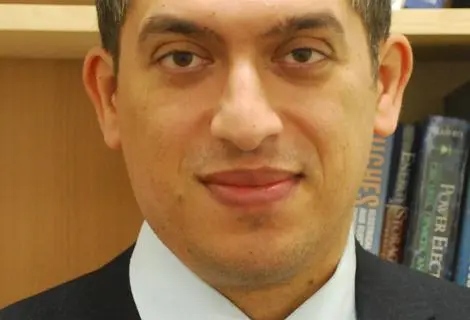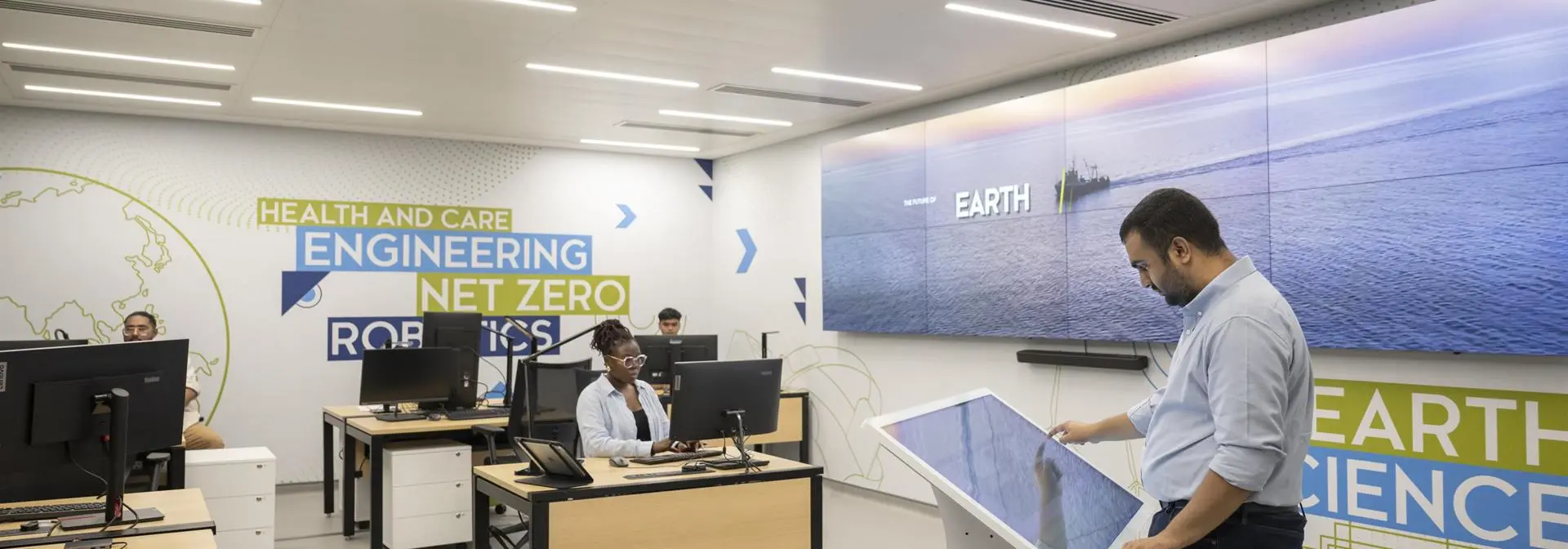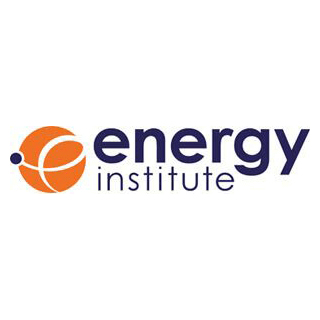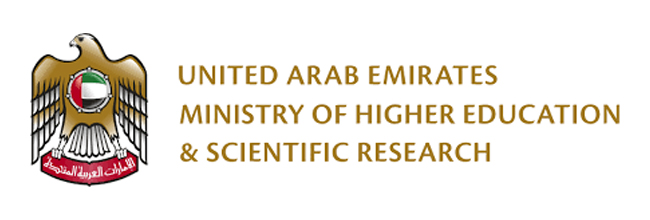Key information
- Level
- Postgraduate Taught
- Delivery type
- Full Time, Part Time
- Degree qualification
- MSc
- Mode of delivery
- On-Campus
- Duration
- 1 year
- Location
- Dubai
- Start date
- September, January
- Next intake
- September
This programme gives an overview of the provision and use of energy in the world today, but allows the student to specialise in the rapidly expanding area of renewable energy engineering. The programme is aimed at students wishing to develop a critical understanding of the significant changes afoot in the energy sector due to the development and integration of wind, marine, biomass and solar technologies.
The programme will provide graduates of a calibre capable of developing and implementing creative solutions to the problems encountered in renewable energy capture, conversion, storage and management.
Heriot-Watt recognises that learning needs to be flexible and this programme allows experienced and recent graduates to tailor the programme content and structure to their specific needs. The University uses a virtual learning environment (VLE) called Canvas, which can be accessed via the internet.
Students will study courses and submit assignments at their own pace through Canvas as well as attend evening and weekend lectures and tutorials. This balances private study with attendance at the University, allowing students to work towards a recognised degree alongside their professional career.
January entrants
Students starting the programme in January should note that it runs part-time only for four semesters (24 months) plus dissertation, for a total of 30 months.
Students enrolling for the January intake programmes are not required to be on campus during the summer break.
Your student experience
Energy Institute (EI)
This programme is accredited by the Energy Institute (EI) on behalf of the Engineering Council.
Students completing an EI accredited degree are deemed to have met part or all of the academic requirements for registration as a Chartered or Incorporated Engineer and are in a strong position to move on to achieve professional engineering status after a period of initial professional development in industry.
The accredited MSc will meet, in part, the exemplifying academic benchmark requirements for registration as a Chartered Engineer. Accredited MSc graduates who also have a BEng (Hons) accredited for CEng will be able to show that they have satisfied the educational base for CEng registration.
MoHESR and UK Royal Charter
This programme is accredited by the UAE Ministry of Higher Education and also accredited and approved by the UK Royal Charter.
To learn more about the process of how to obtain the equivalency for your high school qualifications, please visit the MOE equivalency page.
Go Global
With Go Global, Heriot-Watt's global student programme, you can carry your studies to new places and experience new cultures, expanding your horizons on the way. You'll discover what it means to be a true global citizen and emerge prepared for wherever your career journey will take you.
Inter-Campus Transfer: United Kingdom
Inter-Campus Transfer: Malaysia
Course content
September Intake - Dubai
Year 1
Mandatory September
- Foundations of Energy
- Renewable Energy Technologies
- Economics of Renewable Energy
Optional September
- Climate Change, Sustainability and Adaptation
- Electrical Power Systems
- Heat Exchangers and Heat Transfer
Mandatory January
- Advanced Renewable Energy Engineering
- Critical Analysis and Research Preparation
Optional January
- Environmental Impact Assessment
- Demand Management and Energy Storage
- Advanced Thermodynamic Applications
Mandatory May
- Masters Dissertation
Disclaimer
The courses mentioned above may change between now and the time that you study. For more information, please view our Terms and Conditions.
Teaching staff

Fees and funding
| Status | Full Time | Part Time |
|---|---|---|
| Fee | AED 107,484 | AED 53,742 |
- All tuition fees inclusive of VAT.
Entry requirements
We have standard entry requirements for all of our courses that you will have to meet.
Year 1
For MSc entry, a good relevant Honours degree (first or second class) from a relevant subject area will be considered. Suitable backgrounds include chemical and process engineering, mechanical engineering, electrical and electronic engineering, environmental and civil engineering, marine engineering, aerospace/aeronautical engineering, and energy and power generation. Applicants with qualifications in chemical or physical sciences, supported by a strong mathematics background and coursework in subjects such as fluid mechanics, heat transfer, and thermodynamics, can also be considered.
To find out more about the specific entry requirements for your country, please refer to our International Entry Requirements.
If you hold a degree from a different background and believe you may qualify for this programme or to find out more about the entry requirements for this programme, please send an email to dubaienquiries@hw.ac.uk
English language requirements
As our degrees are taught and assessed in English, applicants must be able to prove their level of English language ability.
The minimum English language requirement for entry to this programme is IELTS 6.0 (or equivalent) with no score lower than 5.5.
Please see our detailed English language requirements.
Why Heriot-Watt
As the first British university to set up a campus in Dubai in 2005, we have established ourselves as a pioneer in the higher education market in the UAE. The three consecutive five-star ratings by the Knowledge and Human Development Authority (KHDA) is a testament to our reputation for world-class teaching.
The futuristic Dubai campus is designed to offer interactive and collaborative learning experiences with innovative classroom styles fostering group work and engagement like Collaborative lecture theatres, Digitally Classrooms and Seminar rooms. The campus also has dedicated cutting-edge laboratories and workshops that span various engineering disciplines along with Psychology, IT, Photography, Design and Architecture.
Our practical, leading-edge research combined with strong links to business and industry, have made our graduates highly employable and sought after by the best organisations worldwide, with over 90% in graduate-level jobs or further study within six months of graduation. On top of that, we have beautiful campuses, across the globe, so you'll get a truly international education through our Go Global programme.
Student life
Explore facilities, and chat to staff and students






